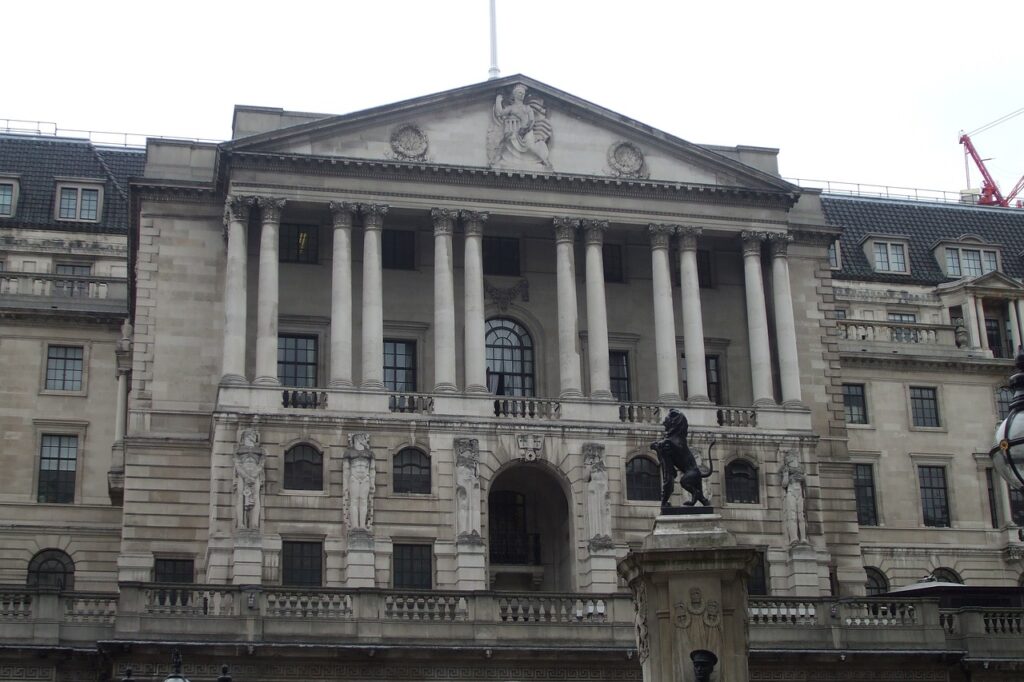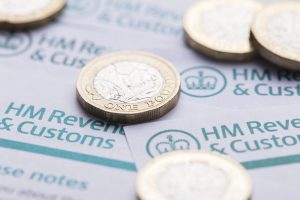Stick or twist time for the Bank of England?

Written by Steve Herbert, Industry Commentator
The latest inflation data published by the Office for National Statistics (ONS) suggests that the Bank of England’s (BoE) interest rate decision on 11 May 2023 will be a remarkably tricky one.
Indeed, it feels very much like a high-stakes hand of the card game known as “Twenty-One”.
Let me explain my thinking…
Winning and losing at “Twenty-One”
Now “Twenty-One” is a devilishly simple game.
Each player is dealt two initial cards from the pack, and the player can then ask for more cards (a twist). The aim is for the value of the playing cards in the player’s hand to reach that magic number of 21. And if not 21, then players need to get as close as they can to that target, but without exceeding it and going “bust” (losing).
But you also need to have a score high enough to better the total achieved by other players once everyone has “stuck” and shown their hands. And there is the challenge.
A score of, say, 17, is generally not high enough to win the hand, but too close to 21 to risk another card and going bust. Leaving the player facing a big decision as to whether to stick or to twist. Both carry a significant risk.
The base rate analogy
This is a very good analogy for the difficult interest rate decision now facing the BoE.
The BoE base rate (also known as the bank rate) has increased no less than 11 times in just the last 18 months, from a historic low of 0.1% to the current level of 4.25%. These rate hikes have been designed to curtail inflation, yet inflation refuses to do what it’s told, remaining stubbornly in double figures.
So, what to do?
Twist?
Twisting – in the form of yet another interest rate hike – might help curb inflation. But it is a decision laced with risk.
In particular:
- Another rate hike risks putting even more pressure on the banking system (already delicate following the wobble last month in both the US and Swiss Banks). And since 2008 the world is all too aware of the potential impact of a worldwide banking crisis.
- The interest rate hikes so far, and indeed many of the other deflationary pressures (such as reduced energy and shipping costs), have yet to work through to the headline UK inflation numbers. It follows that adding yet another braking mechanism before the others have been seen to be effective is a step into the unknown. Too many inflation countermeasures taking effect simultaneously could accidentally lead to the UK economy crossing the line from inflation to deflation (a very different – but equally difficult – economic challenge for any national economy).
- Last – but not least – another interest rate increase will place even more pressure on domestic and commercial borrowers, which in turn risks the currently flatlining UK economy dropping into a recession that the nation would wish to avoid.
So, twisting might be one card too many for the UK economy.
Stick?
Whereas keeping the base rate as is – or sticking where we are – also carries a very significant potential risk.
For there is a very real concern that the current high level of core inflation could become a long-term, rather than a transitory, problem for the national economy.
The nation has not experienced a lengthy period of high inflation since the 1970s, but those that can remember that decade (or care to look at its history) will note that it was a difficult one for both the national finances and indeed UK society generally.
And the very high rate of food inflation – 19.2% – currently being experienced provides us all with a glimpse of the challenges that persistently high inflation could entail for the economy, businesses, and consumers alike.
It is also worth remembering that the economic medicine given in the 1980s to remove the embedded high inflation problem was necessary, but deeply unpleasant on many levels – leading to a very deep and dark recession. Few who can remember it would want to repeat that experience.
So, this is a very finely balanced decision, and the Bank of England’s Governor, Andrew Bailey, is likely to face criticism whether he takes another interest rate card or not.
And, rather like the game of “Twenty-One”, we won’t know whether the BoE decision was right or wrong until all the other players have shown their hands.

About the author
Steve has a wealth of Director level experience within the benefits sector and is a well known leader within the HR community. Steve writes about business, HR and finance.







